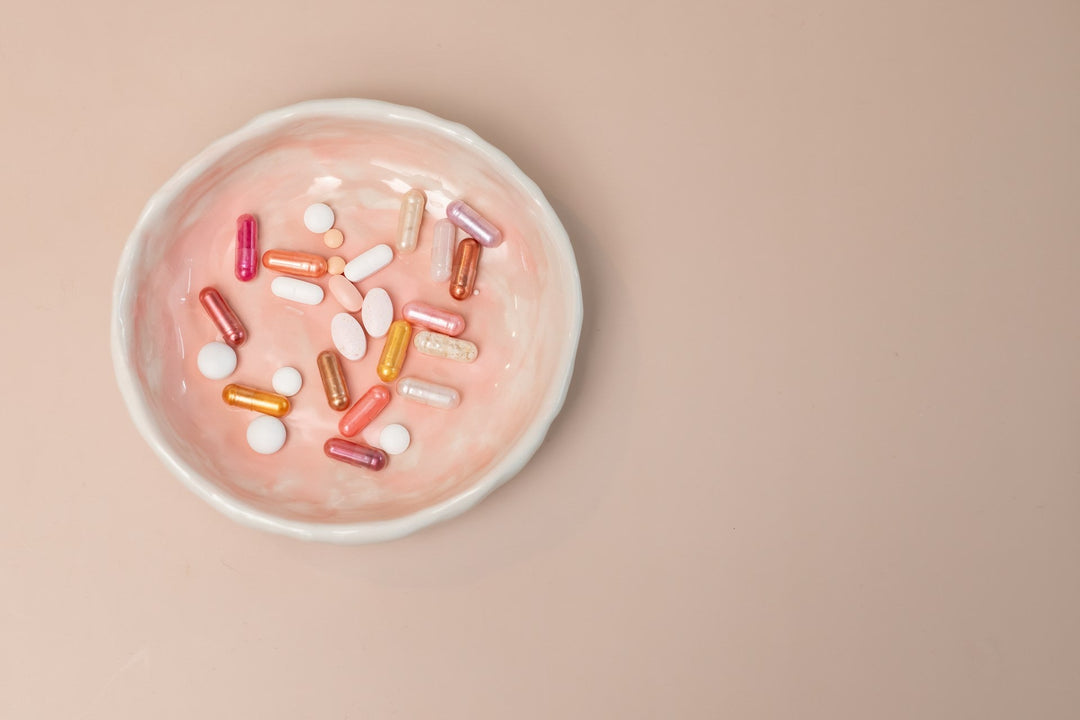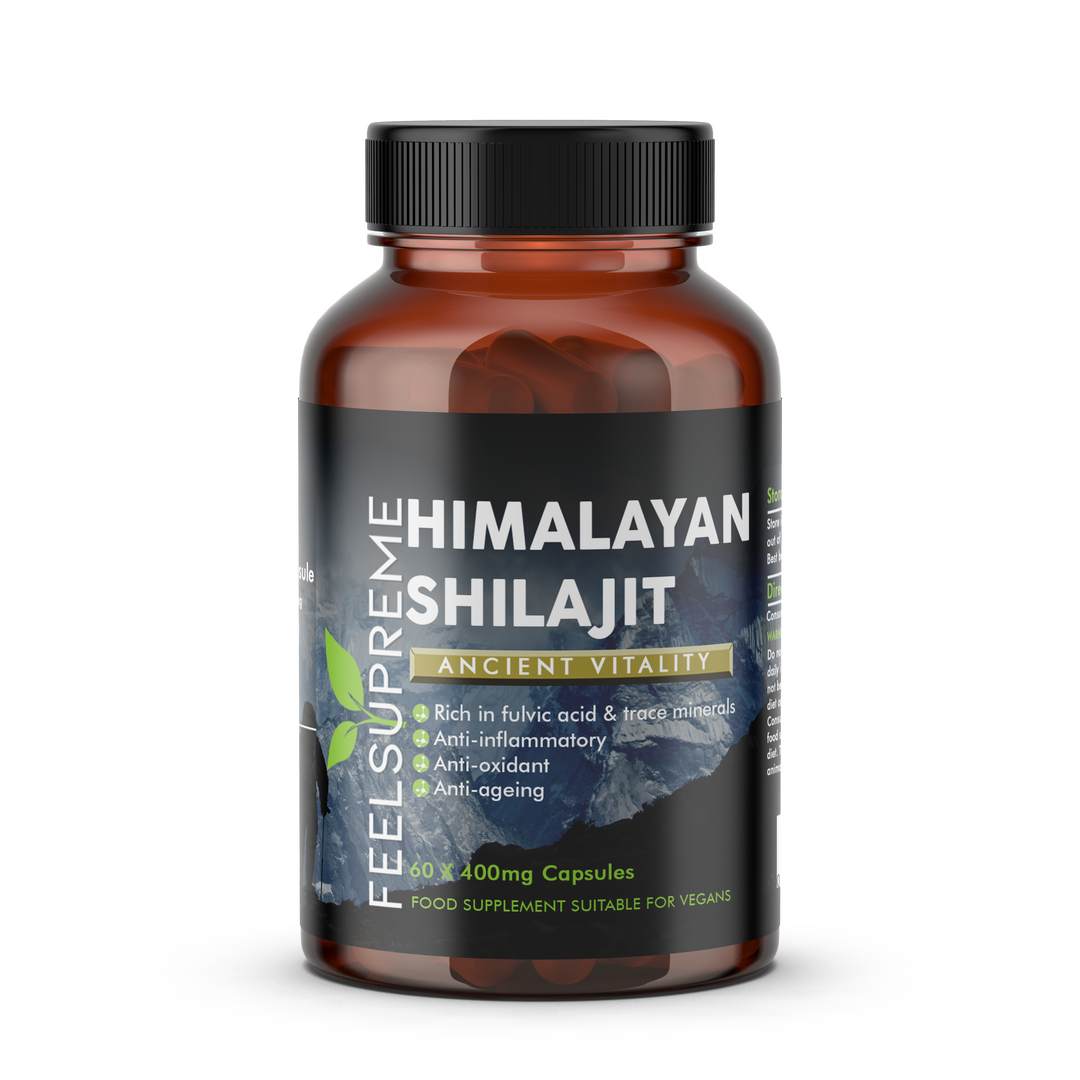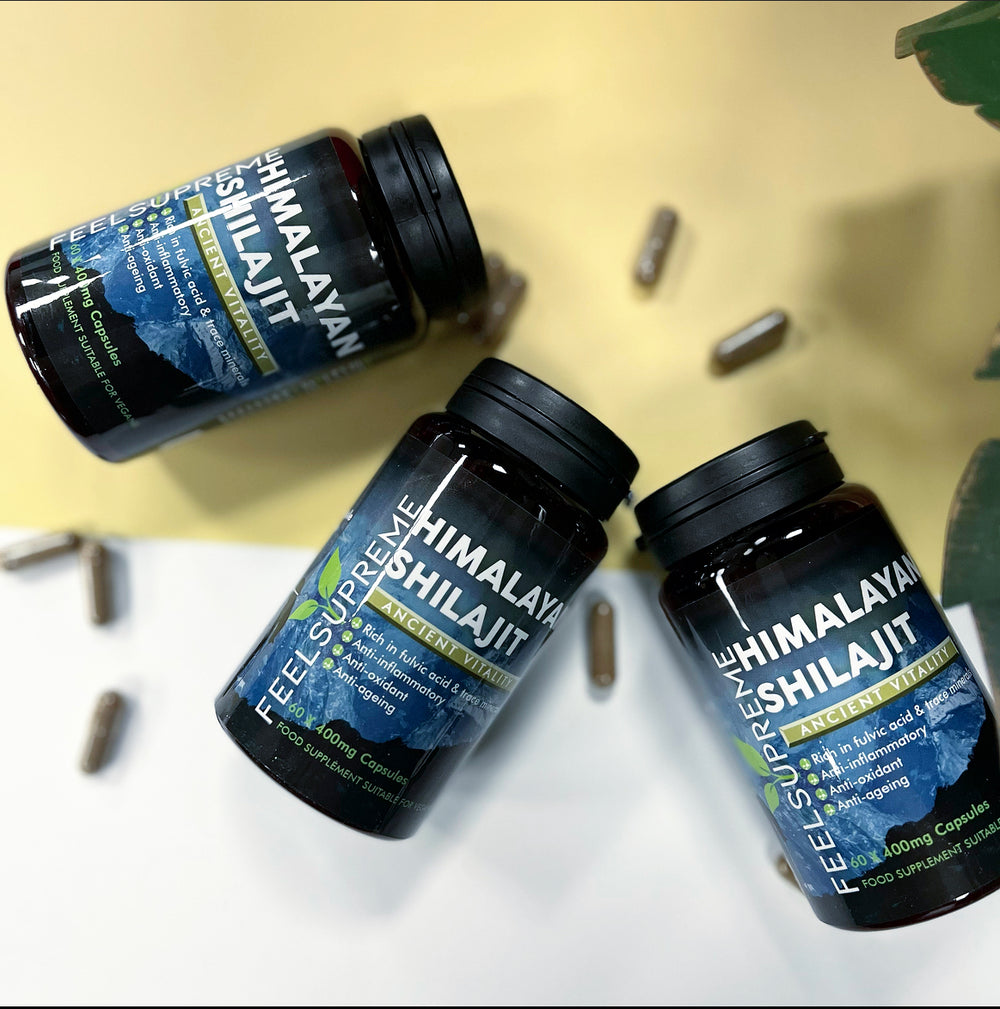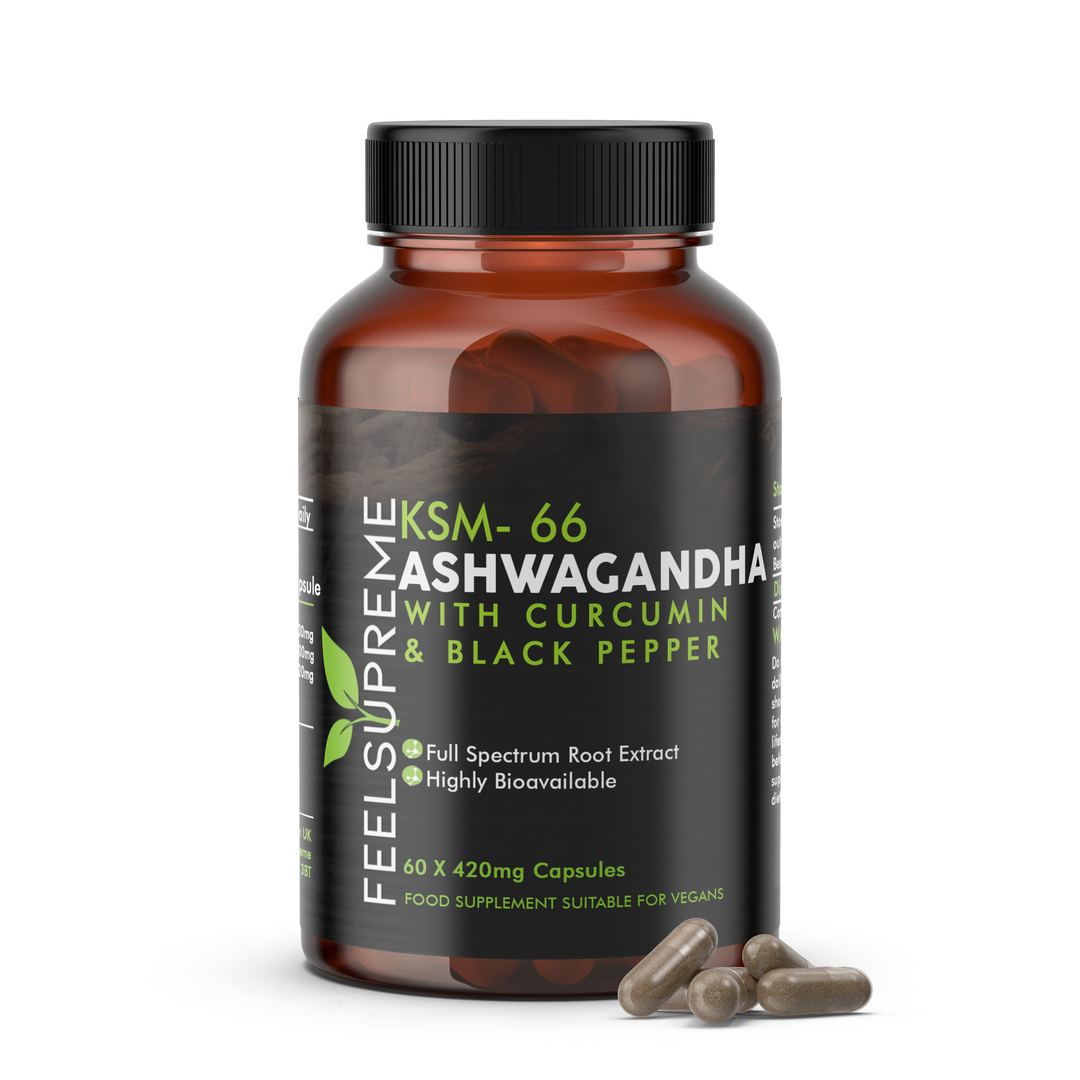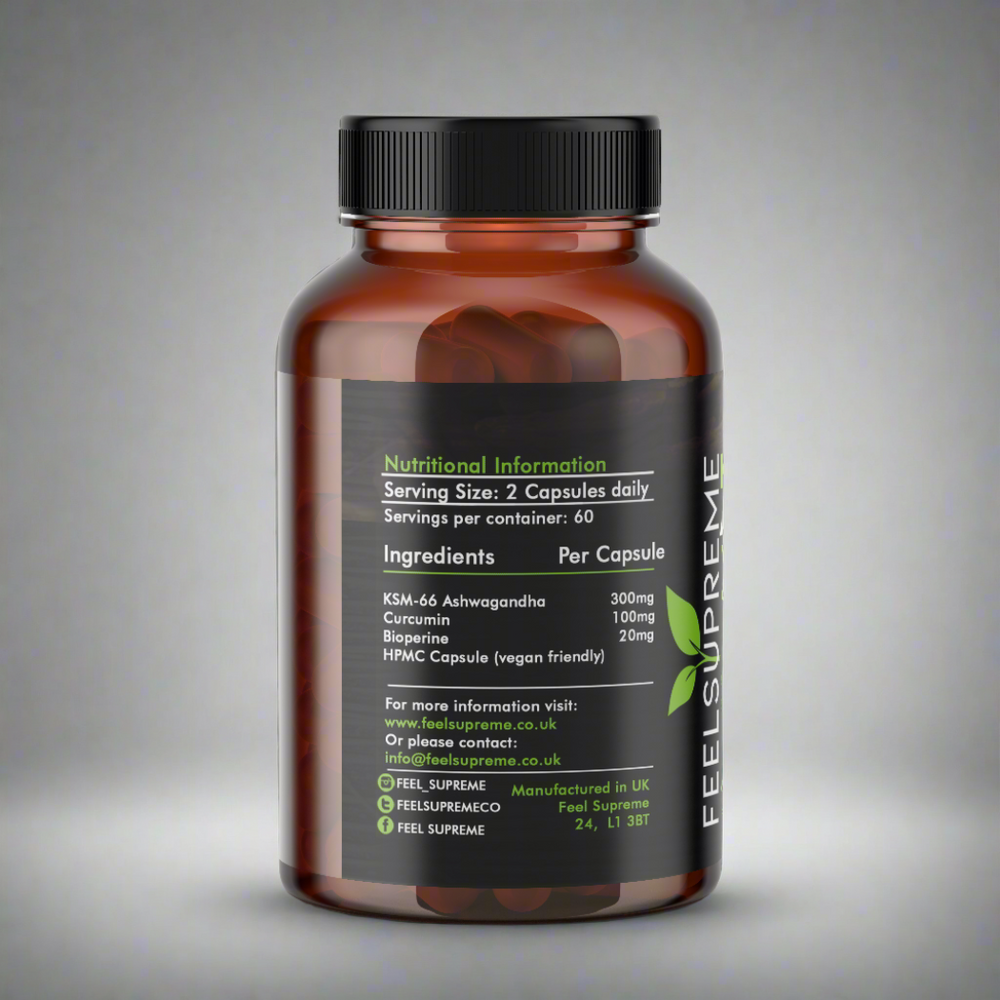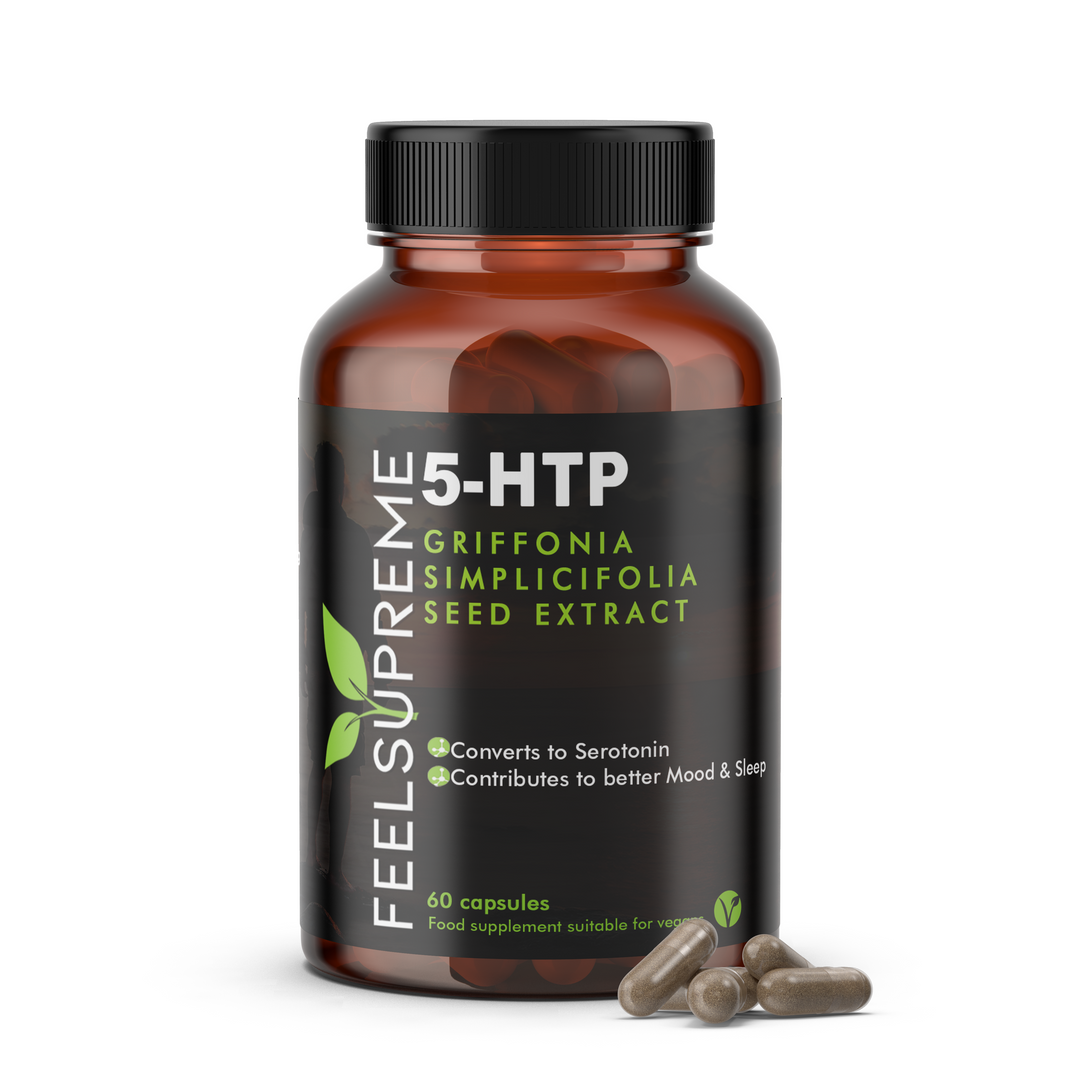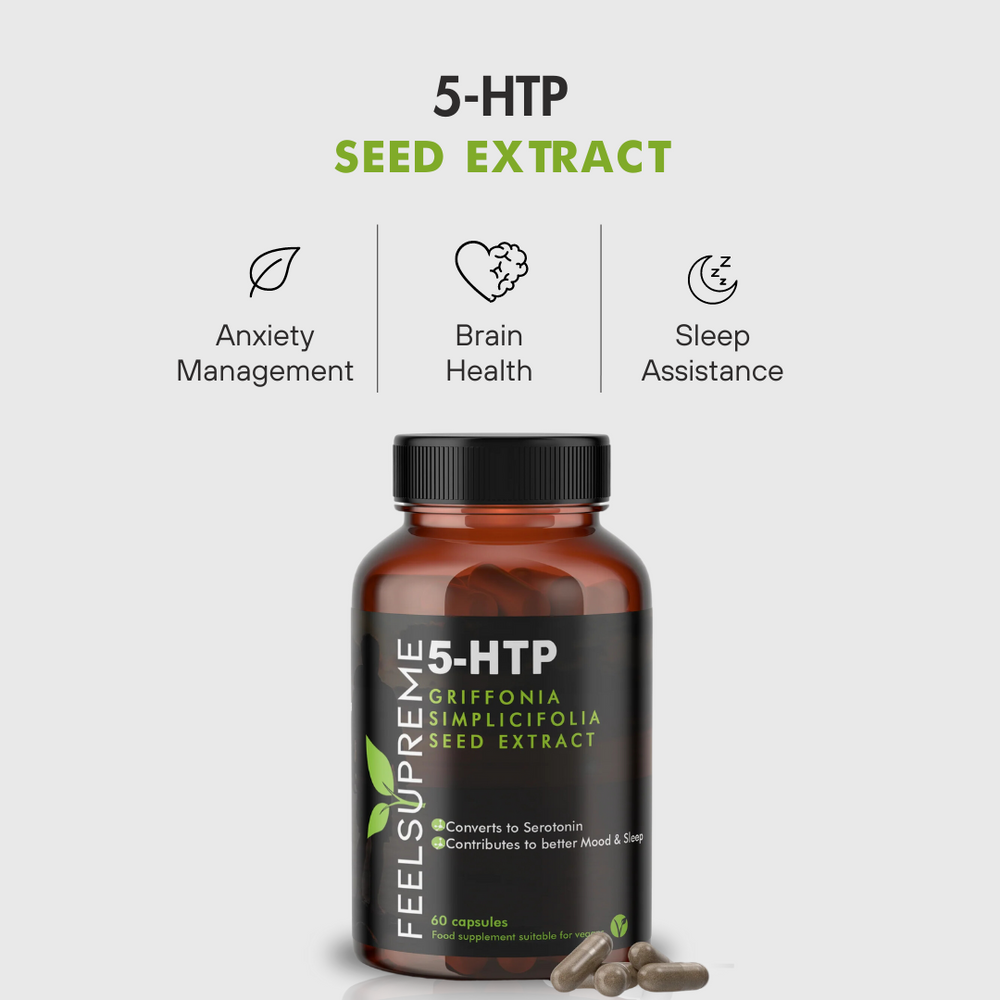Lion's Mane Mushroom - 9 Incredible Science-Based Benefits Lion's Mane Mushroom is a mushroom that grows on fallen hardwood trees. As a result of the beautiful cascade of strands that hang from it, the mushroom is commonly known as Lion’s Mane Mushroom. However, its other names include Hericium erinaceus, Yamabushitake, Monkey’s Head and the Bearded Tooth Mushroom. Lion’s Mane has been revered in Asian cuisine and medicine for centuries due to its cognitive and digestive benefits. In recent years, it’s become more popular in the West too, with many people taking it in supplement form. In this article, we’ll talk about the potential evidence-based benefits of Lion’s Mane. Also, how you may be able to use this powerful supplement to boost your physical and mental health. However, keep in mind that most research studies to date have been carried out on animals or in vitro (in a test tube). Those studies are a good indication of potential benefits for us. However, more human studies are needed to conclusively prove them. With that in mind, you shouldn’t rely on the following as medical advice. You shouldn’t use Lion’s Mane (or any other supplement) in place of appropriate medical care. There are other beneficial health supplements you can use for your healthy lifestyle, such as lions mane mushroom, liquid chlorophyll drops and shilajit by himalaya. Ok, on to the good stuff…
 Lion's mane mushroom
Lion's mane mushroomEvidence-based benefits of Lion’s Mane Mushroom
1. Lion's Mane Mushroom may boost cognitive performance.
One of the most widely-studied benefits of Lion’s Mane is its function as a nootropic, or cognitive enhancer. In one of the few available human studies, it was shown to improve cognitive function in older adults, and in multiple animal studies, it improved cognition, recognition and memory in mice. These brain-boosting effects are thought to come from the two main active compounds of Lion’s Mane: hericenones and diterpenoid erinacines. These compounds increase levels of Nerve Growth Factor (NGF) in the brain. This stimulates the growth and regeneration of neurons and helps the brain to form new neural pathways . Both of which are essential for proper cognitive function. NGF also improves what’s known as synapse potentiation. This relates to how the neural pathways in your brain become stronger each time you use them, a process that’s essential for learning and memory. Think about how you get better at a skill the more you practice it, or how you remember a song more easily the more you sing along to it; that’s synapse potentiation at work.
2. Lion's Mane Mushroom may protect the brain.
It seems like some cognitive decline is inevitable as we get older, with most people suffering a little memory loss or brain fog from time to time. However, age-related diseases like Alzheimer’s and Parkinson’s completely devastate the brain, and they’re increasing at alarming rates. Alzheimer’s, for example, destroys neurons and leads to progressive memory loss and cognitive impairment. The polysaccharides and NGF-boosting compounds in Lion’s Mane can potentially help to prevent or slow the disease by:
- Maintaining healthy neuron function and regeneration.
- Preventing destruction and death of brain cells and neurons.
- Reducing levels of a harmful plaque in the brain.
3. Lion's Mane Mushroom may support nervous system health.
Your nervous system controls almost every bodily function. That’s why damage to even a few nerves can cause a huge range of problems, such as pain, loss of sensation, loss of movement, vision problems and cardiac issues. In cases of severe damage, it can even cause paralysis and brain damage. Multiple animal studies have shown that Lion’s Mane helps to promote nerve cell repair and regeneration. This may aid in speeding up recovery from nervous system injuries. Lion’s Mane may also help reduce the severity of brain damage after a stroke. In one animal study, a high dose was given to rats recovering from a stroke and helped to reduce brain injury by up to 44%.
4. Lion's Mane Mushroom may reduce inflammation and oxidative stress.
Inflammation is a normal part of the body’s immune response, but when it becomes chronic, it can lead to serious illnesses. These include heart disease, liver disease, diabetes, stroke, autoimmune disorders like rheumatoid arthritis and inflammatory bowel disease. Chronic inflammation can be caused by oxidative stress in the body. This happens when you have more free radicals (normal byproducts of metabolism) than antioxidants (the compounds that prevent free radicals from damaging your cells). The resulting cell damage causes inflammation. Research shows that Lion’s Mane is a potent source source of antioxidants and can reduce oxidative stress and inflammation.
5. Lion's Mane Mushroom may boost the immune system.
Animal studies have shown Lion’s Mane to have a very positive effect on the immune system. This is partly due to its anti-inflammatory and antioxidant properties, but there are a few other benefits at work. One study in particular found that a polysaccharide in Lion’s Mane can increase activity in the intestinal immune system. Another discovered that a protein found in Lion’s Mane encourages the growth and regulation of healthy gut bacteria, stimulating the production of key disease-fighting cells.
6. Lion's Mane Mushroom may reduce heart disease risk.
Obesity, high triglyceride levels, high oxidised cholesterol levels, and high blood-clotting potential are four of the main risk factors for developing heart disease. Animal and test-tube studies have shown that Lion’s Mane has a positive influence on these factors, suggesting that it can protect against heart disease. Two studies in particular found that Lion’s Mane extract improved fat metabolism, lowered triglycerides, and reduced weight gain over 28 days. Another found that Lion’s Mane prevented the oxidisation of cholesterol in the blood, preventing it from attaching to artery walls. Yet another found that the hericenone B compound found in Lion’s Mane had an anti-clotting effect on the blood, which can reduce the risk of heart attack and stroke.
7. Lion's Mane Mushroom may support digestive health.
Ulcers are painful lesions that can happen anywhere in the digestive tract. They’re particularly common in the stomach and can be caused by an overgrowth of H. pylori bacteria, or by damage to the lining, often from long-term alcohol or painkiller use. Lion’s Mane can potentially help to address both of these causes and protect against digestive ulcers. Multiple animal and in vitro studies have shown that extract of Lion’s Mane has an antibacterial effect that prevents H. pylori growth. It may also be more effective at preventing alcohol-induced stomach ulcers than current antacid drugs, although more research is needed in this area. The anti-inflammatory effects of Lion’s Mane may be beneficial for the entire digestive system. For example, it’s thought that it may help reduce tissue damage from inflammatory disorders like ulcerative colitis and inflammatory bowel disease (IBD), potentially reducing symptoms and improving quality of life.
8. Lion's Mane Mushroom may help to prevent diabetes or manage symptoms.
Type 2 diabetes happens when you lose the ability to regulate your blood sugar. It’s one of the most dangerous chronic diseases, with complications like blindness, kidney failure, loss of limbs, nerve damage, heart damage and premature death. Well-controlled blood sugar is key to preventing diabetes (or managing the symptoms of existing diabetes). Lion’s Mane blocks the function of a specific enzyme that breaks down carbs and can potentially help to keep blood sugar levels low and stable.
9. Lion's Mane Mushroom may relieve symptoms of depression and anxiety.
It’s thought that Lion’s Mane can help to relieve the symptoms of depression and anxiety, although it’s not yet understood how. In one of the few human studies in this area, menopausal women who took a Lion’s Mane extract reported lower anxiety and irritation levels. Multiple animal studies suggest that this effect is due to the anti-inflammatory effects of Lion’s Mane, while others suggest that it may be due to changes in the hippocampus. This is the area of the brain responsible for processing emotional responses, and it’s believed that dysfunction here is connected to mood disorders. Lion’s Mane may help regenerate cells in this region and improve its health and function.
Sounds great — but is Lion's Mane Mushroom safe?
While we don’t yet have many human studies of Lion’s Mane, no adverse effects have been found in animal studies and it’s generally regarded as safe for most people. That said, you should avoid Lion’s Mane if you are:
-
- Allergic or sensitive to mushrooms.
- Pregnant.
- Breastfeeding.
- Suffering from respiratory illness.
- Suffering from a bleeding condition.
- Due to have surgery.
If you have a history of allergies, asthma or diabetes, it’s best to ask your doctor before taking a Lion’s Mane supplement as it may aggravate your condition. You might notice some skin itching when you begin taking the supplement. If you have no other signs of an allergic reaction, this is probably due to an increase in Nerve Growth Factor and is not dangerous. However, if you’re concerned, or if you’re showing signs of an allergic reaction, you should stop taking the supplement and see your doctor.
How do I take Lion’s Mane Mushroom?
You can eat Lion’s Mane mushrooms or take an extract in supplement form. However, if you want to get the full benefits without loading up on mushrooms all day every day, then organic supplements are your best option. Feel Supreme’s Lion’s Mane Mushroom Extract comes in tincture form and has a concentration of 8:1, making it the most potent Lion’s Mane supplement on the market. That means that with just 3 squirts every day, you can maximise the benefits of this miracle mushroom.
Where can I get Lion’s Mane Mushroom?
Buy your Lion’s Mane Mushroom Extract here and start Feeling Supreme now!
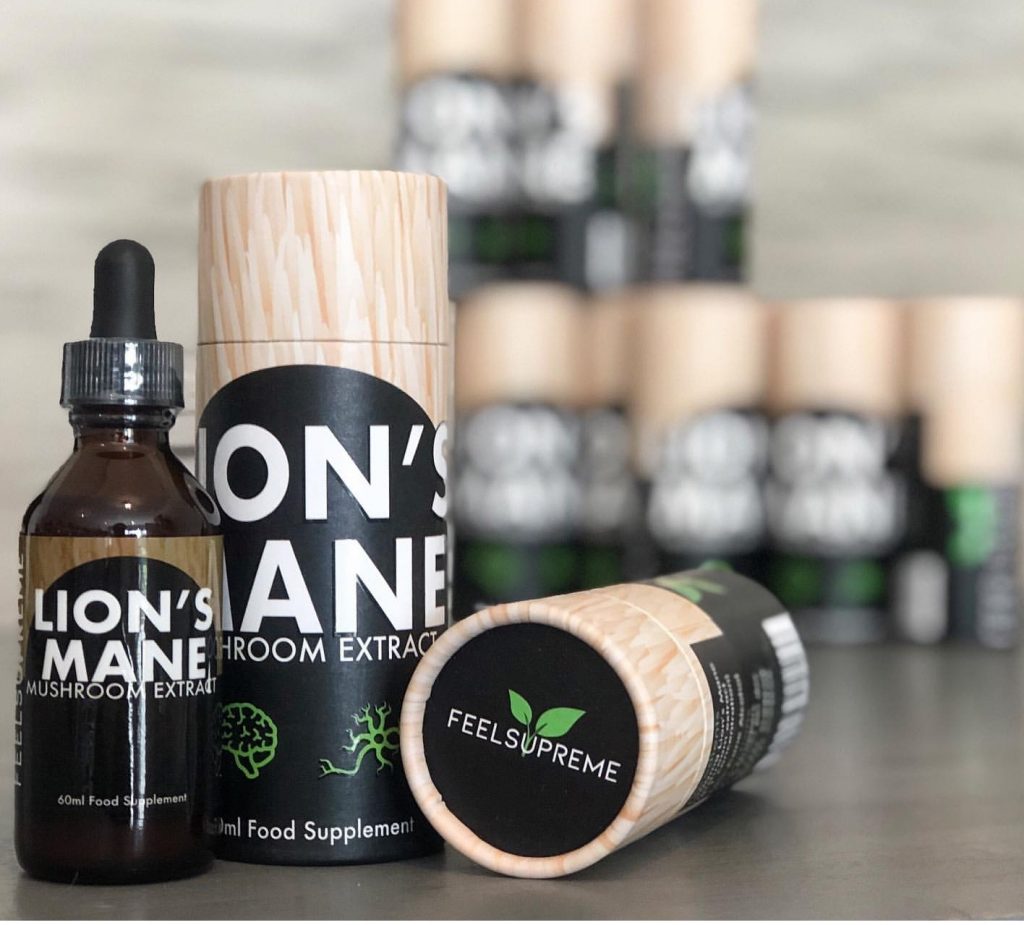 Lion's Mane Mushroom Tincture by Feel Supreme
Lion's Mane Mushroom Tincture by Feel SupremeReferences
1. Improving effects of the mushroom Yamabushitake (Hericium erinaceus) on mild cognitive impairment: a double-blind placebo-controlled clinical trial. Mori K, Inatomi S, et al., Phytotherapy Research, 2009. 2. Dietary Supplementation of Hericium erinaceus Increases Mossy Fiber-CA3 Hippocampal Neurotransmission and Recognition Memory in Wild-Type Mice Brandalise F, Cesaroni V, et al., Evidence-Based Complementary and Alternative Medicine, 2017. 3. Neurotrophic Properties of the Lion's Mane Medicinal Mushroom, Hericium erinaceus (Higher Basidiomycetes) from Malaysia Lai PL, Naidu, M, et al., International Journal of Medicinal Mushrooms, 2013. 4. Neuronal Health – Can Culinary and Medicinal Mushrooms Help? Sabaratnam V, Kah-Hui W, et al., Journal of Traditional and Complementary Medicine, 2013. 5. Effects of Hericium erinaceus on amyloid β(25-35) peptide-induced learning and memory deficits in mice. Mori K, Obara Y, et al., Biomedical Research, 2011. 6. Erinacine A-enriched Hericium erinaceus mycelium ameliorates Alzheimer's disease-related pathologies in APPswe/PS1dE9 transgenic mice. Tsai-Teng T, Chin-Chu C, et al., Journal of Biomedical Science, 2016. 7. The Neuroprotective Properties of Hericium erinaceus in Glutamate-Damaged Differentiated PC12 Cells and an Alzheimer’s Disease Mouse Model Zhang J, An S, et al., International Journal of Molecular Science, 2016. 8. High molecular weight of polysaccharides from Hericium erinaceus against amyloid beta-induced neurotoxicity Cheng JH, Tsai CL, et al., BMC Complementary and Alternative Medicine, 2016. 9. Lion's Mane, Hericium erinaceus and Tiger Milk, Lignosus rhinocerotis (Higher Basidiomycetes) Medicinal Mushrooms Stimulate Neurite Outgrowth in Dissociated Cells of Brain, Spinal Cord, and Retina: An In Vitro Study. Samberkar S, Gandhi S, et al., International Journal of Medicinal Mushrooms, 2015.
References
10. The influence of Hericium erinaceus extract on myelination process in vitro. Kolotushkina EV, Moldovan MG, et al., Fiziologichnyi Zhurnal, 2003 11. Effect of an exo-polysaccharide from the culture broth of Hericium erinaceus on enhancement of growth and differentiation of rat adrenal nerve cells Park YS, Lee HS, et al., Cytotechnology, 2002. 12. Peripheral Nerve Regeneration Following Crush Injury to Rat Peroneal Nerve by Aqueous Extract of Medicinal Mushroom Hericium erinaceus. Wong KH, Naidu M, et al., Evidence-Based Complementary and Alternative Medicine, 2007. 13. Protective effects of Hericium erinaceus mycelium and its isolated erinacine A against ischemia-injury-induced neuronal cell death via the inhibition of iNOS/p38 MAPK and nitrotyrosine. Lee KF, Chen JH, et al., International Journal of Molecular Science, 2014. 14. The inflammation theory of disease: The growing realization that chronic inflammation is crucial in many diseases opens new avenues for treatment. Hunter P, EMBO Reports, 2012. 15. Composition and antioxidant activity of water-soluble oligosaccharides from Hericium erinaceus. Hou Y, Ding X, Hou W, Molecular Medicine Reports, 2015. 16. Evaluation of Selected Culinary-Medicinal Mushrooms for Antioxidant and ACE Inhibitory Activities. Abdullah N, et al., Evidence-Based Complementary and Alternative Medicine, 2012. 17. Evaluation of in vivo antioxidant activity of Hericium erinaceus polysaccharides. Han ZH, Ye JM, Wang GF, International Journal of Biological Macromolecules, 2013. 18. Anti-Inflammatory Effects of Ethanol Extract of Lion's Mane Medicinal Mushroom, Hericium erinaceus (Agaricomycetes), in Mice with Ulcerative Colitis. Qin M, Geng Y, et al., International Journal of Medicinal Mushrooms, 2016. 19. Hericium erinaceus mushroom extracts protect infected mice against Salmonella Typhimurium-Induced liver damage and mortality by stimulation of innate immune cells. SP Kim, Moon E, et al., Journal of Agriculture and Food Chemistry, 2012.
References
20. Immunomodulatory effects of Hericium erinaceus derived polysaccharides are mediated by intestinal immunology. Sheng X, Yan J, et al., Food and Function, 2017. 21. Immunomodulatory Activities of a Fungal Protein Extracted from Hericium erinaceus through Regulating the Gut Microbiota. Diling C, Chaoqun Z, et al., Frontiers in Immunology, 2017. 22. Hypolipidaemic Effect of Hericium erinaceum Grown in Artemisia capillaris on Obese Rats Choi WS, Kim YS, et al., Mycobiology, 2013. 23. Yamabushitake mushroom (Hericium erinaceus) improved lipid metabolism in mice fed a high-fat diet. Hiwatashi K, Kosaka Y, et al., Bioscience, Biotechnology and Biochemistry, 2010. 24. Inhibitory effect on in vitro LDL oxidation and HMG Co-A reductase activity of the liquid-liquid partitioned fractions of Hericium erinaceus (Bull.) Persoon (lion's mane mushroom). Rahman MA, Abdullah N, Aminudin N, Biomedical Research International, 2014 25. Inhibitory effect of hericenone B from Hericium erinaceus on collagen-induced platelet aggregation. Mori K, Kikuchi H, et al., Phytomedicine: International Journal of Phytotherapy and Phytopharmacology, 2010. 26. Anti-Helicobacter pylori activity of bioactive components isolated from Hericium erinaceus. Liu JH, Li L, et al., Journal of Ethnopharmacology, 2016. 27. Anti-Gastric Ulcer Activity of Polysaccharide Fraction Isolated from Mycelium Culture of Lion's Mane Medicinal Mushroom, Hericium erinaceus (Higher Basidiomycetes). Wang M, Konishi T, et al., International Journal of Medicinal Mushrooms, 2015. 28. Medicinal properties of Hericium erinaceus and its potential to formulate novel mushroom-based pharmaceuticals. Jiang S, Wang S, et al., Applied Microbiology and Biotechnology, 2014. 29. In vitro anti-Helicobacter pylori effects of medicinal mushroom extracts, with special emphasis on the Lion's Mane mushroom, Hericium erinaceus (higher Basidiomycetes). Shang X, Tan Q, et al., International Journal of Medicinal Mushrooms, 2013.
References
30. Gastroprotective Effects of Lion's Mane Mushroom Hericium erinaceus (Bull.:Fr.) Pers. (Aphyllophoromycetideae) Extract against Ethanol-Induced Ulcer in Rats. Wong JY, Abdulla MA, et al., Evidence-Based Complementary and Alternative Medicine, 2013. 31. Anti-Inflammatory Effects of Ethanol Extract of Lion's Mane Medicinal Mushroom, Hericium erinaceus (Agaricomycetes), in Mice with Ulcerative Colitis. Qin M, Geng Y, et al., International Journal of Medicinal Mushrooms, 2016. 32. Extracts from Hericium erinaceus relieve inflammatory bowel disease by regulating immunity and gut microbiota. Diling C, Xin Y, et al., Oncotarget, 2017. 33. Polysaccharide of Hericium erinaceus attenuates colitis in C57BL/6 mice via regulation of oxidative stress, inflammation-related signaling pathways and modulating the composition of the gut microbiota. Ren Y, Geng Y, et al., Journal of Nutritional Biochemistry, 2018. 34. Effect of a Medicinal Agaricus blazei Murill-Based Mushroom Extract, AndoSan™, on Symptoms, Fatigue and Quality of Life in Patients with Ulcerative Colitis in a Randomized Single-Blinded Placebo Controlled Study. Therkelsen SP, Hetland G, et al., PLoS One, 2016. 35. Structures, biological activities, and industrial applications of the polysaccharides from Hericium erinaceus (Lion's Mane) mushroom: A review. He X, Wang X, et al., International Journal of Biological Macromolecules, 2017. 36. Antihyperglycemic and antihyperlipidemic activities of aqueous extract of Hericium erinaceus in experimental diabetic rats. Liang B, Guo Z, et al., BMC Complementary and Alternative Medicine, 2013. 37. Antidiabetic and antioxidant activities of eight medicinal mushroom species from China. Wu T, Xu B, International Journal of Medicinal Mushrooms, 2015. 38. Protective Effect of Ethanol Extracts of Hericium erinaceus on Alloxan-Induced Diabetic Neuropathic Pain in Rats. Yi Z, Shao-long Y, et al., Evidence-Based Complementary and Alternative Medicine, 2015. 39. Reduction of depression and anxiety by 4 weeks Hericium erinaceus intake. Nagano M, Shimizu K, et al., Biomedical Research, 2010.
References
40. Effects of amycenone on serum levels of tumor necrosis factor-α, interleukin-10, and depression-like behavior in mice after lipopolysaccharide administration. Yao W, Zhang JC, et al., Pharmacology, Biochemistry and Behavior, 2015. 41. Erinacine A-Enriched Hericium erinaceus Mycelium Produces Antidepressant-Like Effects through Modulating BDNF/PI3K/Akt/GSK-3β Signaling in Mice. Chiu CH, Chyau CC, et al., International Journal of Molecular Sciences, 2018. 42. Hericium erinaceus Extract Reduces Anxiety and Depressive Behaviors by Promoting Hippocampal Neurogenesis in the Adult Mouse Brain. Ryu S, Kim HG, et al., Journal of Medicinal Food, 2018. 43. Mechanism of Hericium erinaceus (Yamabushitake) mushroom-induced apoptosis of U937 human monocytic leukemia cells. Kim SP, Kang MY, et al., Food and Function, 2011. 44. Anticancer potential of Hericium erinaceus extracts against human gastrointestinal cancers. Li G, Yu K, et al., Journal of Ethnopharmacology, 2014. 45. Isolation and identification of aromatic compounds in Lion's Mane Mushroom and their anticancer activities. Li W, Zhou W, et al., Food Chemistry, 2015. 46. A Novel Lectin with Antiproliferative and HIV-1 Reverse Transcriptase Inhibitory Activities from Dried Fruiting Bodies of the Monkey Head Mushroom Hericium erinaceum. Li Y, Zhang G, et al., Journal of Biomedicine and Biotechnology, 2010. 47. A new cerebroside from the fruiting bodies of Hericium erinaceus and its applicability to cancer treatment. Lee SR, Jung K, et al., Bioorganic and Medicinal Chemistry Letters, 2015. 48. Hericium erinaceus (Lion's Mane) mushroom extracts inhibit metastasis of cancer cells to the lung in CT-26 colon cancer-tansplanted mice. Kim SP, Nam SH, Friedman M, Journal of Agricultural and Food Chemistry, 2013.






